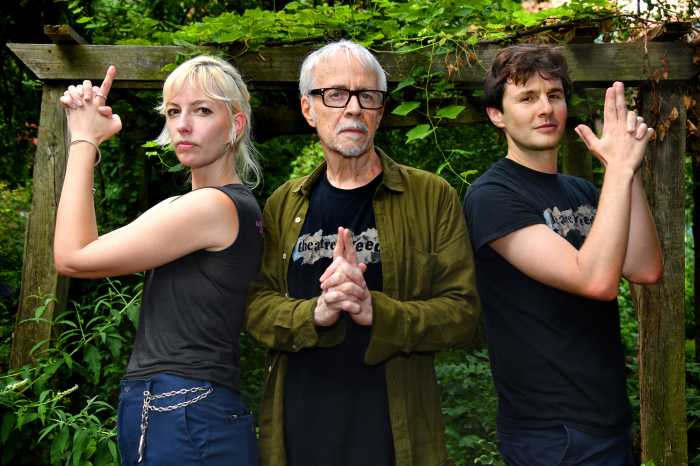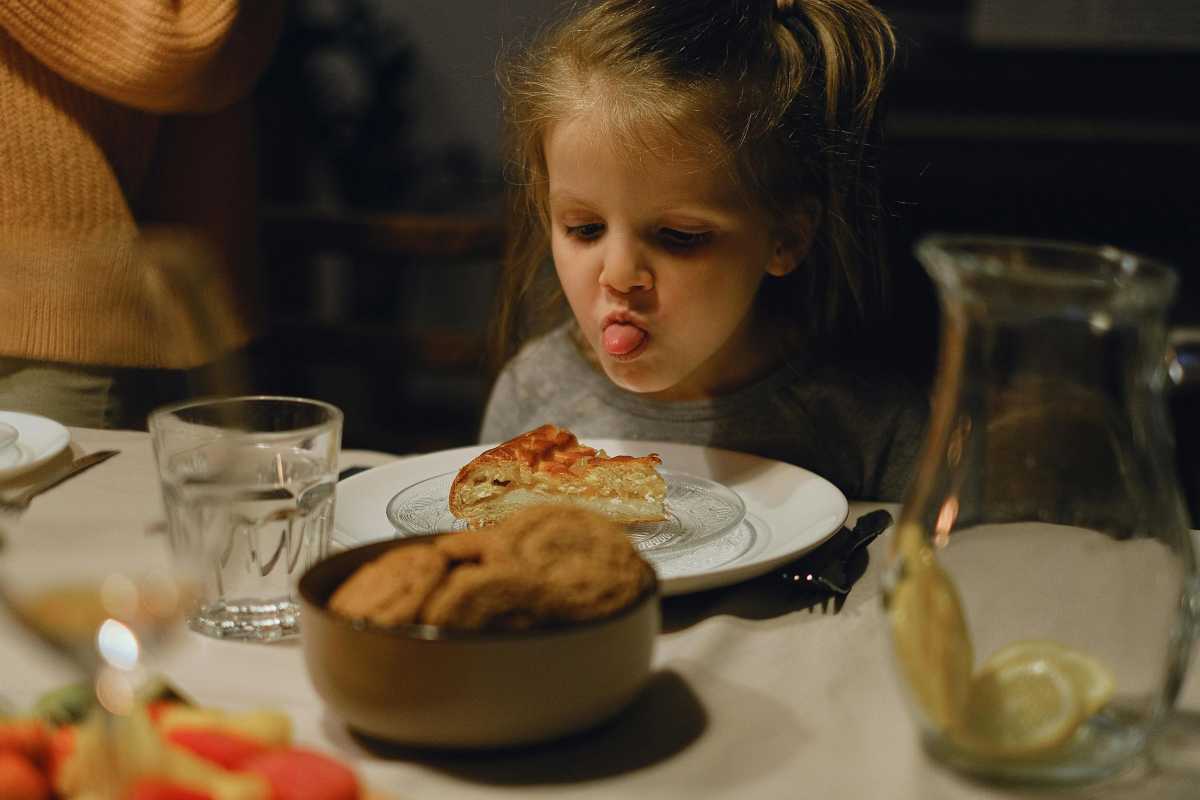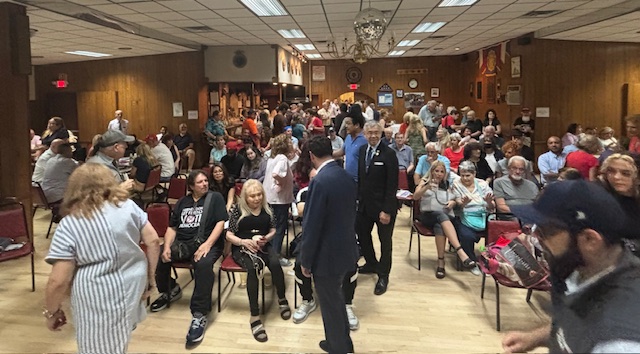The Dinner
Directed by Oren Moverman
Starring Richard Gere, Rebecca Hall, Steve Coogan, Laura Linney
Rated R
The premise of “The Dinner,” in which two contemporary couples sit down for a meal at a fancy restaurant that comes to be fraught with tension and complications, promises something far different from what’s actually delivered by the movie, from writer-director Oren Moverman.
It suggests a streamlined philosophical inquiry, something in the tradition of “My Dinner With Andre” or “Carnage,” or other past works that illuminate central aspects of the human condition through an extended conversation.
Instead, the filmmaker takes the kitchen sink approach, pouring on so many flashbacks and such an abundance of discordant elements into the adaptation of Dutch author Herman Koch’s novel that it turns into a jumbled mess.
It’s hard to believe, for example, that there’d be enough room for a psychedelic tour of the Gettysburg Civil War battlefield in a movie about a congressman named Stan Lohman (Richard Gere) and his wife, Katelyn (Rebecca Hall), having a fancy dinner with Stan’s brother Paul (Steve Coogan) and his wife, Claire (Laura Linney), but here we are.
These are four fine actors who could have easily pulled off the considerable but not insurmountable challenge of holding our interest at the dinner table. Coogan has a history of having done so; he perfected the art of turning a cinematic meal into a vivid and engaging centerpiece in his “Trip” movies.
The idea here is to complicate your initial impressions of these characters over the course of the evening, as the scope of the moral dilemma they face becomes apparent, but there’s a tremendous lack of focus in the way the filmmaker approaches that.
Moverman has them spend so much time storming off to brood, to make phone calls, to have private conversations, to dissolve into a hazy series of memories reliving seemingly every traumatic incident of their pasts, that there’s practically no dinner here at all. The actors don’t have time to develop focused characterizations because they’re constantly being yanked around.
The galvanizing problem bringing this family together — this wasn’t just a friendly dinner after all, you see — won’t be addressed here except to observe that it so transparently defies norms of human behavior that it further tramples any effort to connect this foursome’s experience to our own.






























